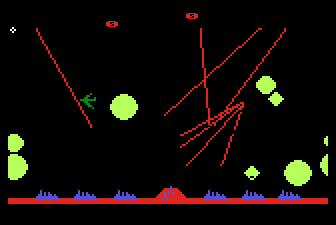U.S and Israel are at the forefront of missile defense technology, which is nowhere near an easy task. We are talking about throwing missiles at other missiles which travel faster than the speed of sound. Everything has to be in perfect conditions to even consider it to be a success from the angle, the speed, and the distance.
ICBMs are basically rockets and Russia and U.S have designed those to carry multiple warheads, this means in order to target an ICBM you have to hit it before those warheads split (typically in reentry if I am not mistaken), do you realize the near impossibility of such a task?
A missile defense system that can't ensure 100% guaranteed success against a nuclear strike is effectively a failed system, but it is and will continue to be improved upon.
The missile defense system U.S and Israel have is indeed "decent" when you compare it to other missile defense systems. Anyways most of these are designed for mid and short ranged missiles and will shoot multiple missiles at each target for increased success. Since these never been used (exception of Israel's Arrow system) in combat against projectiles, it is hit or miss.
This is why U.S would not allow a nation like North Korea to have missile technology that is close to ICBM level, hell, U.S don't even want them to be able to have range on U.S mainland. U.S likely would of struck Iran as well if it remained compliant while testing missiles since it won't just threaten U.S, but send the Middle-East into a nuclear race.
I have to say, I probably would approve of a preemptive strike, but who knows if it would escalate. It WOULD be wise for NK to take the bombing and limp home, but from their actions with the shelling of an island a couple years ago, I can see them being reckless enough to retaliate.

